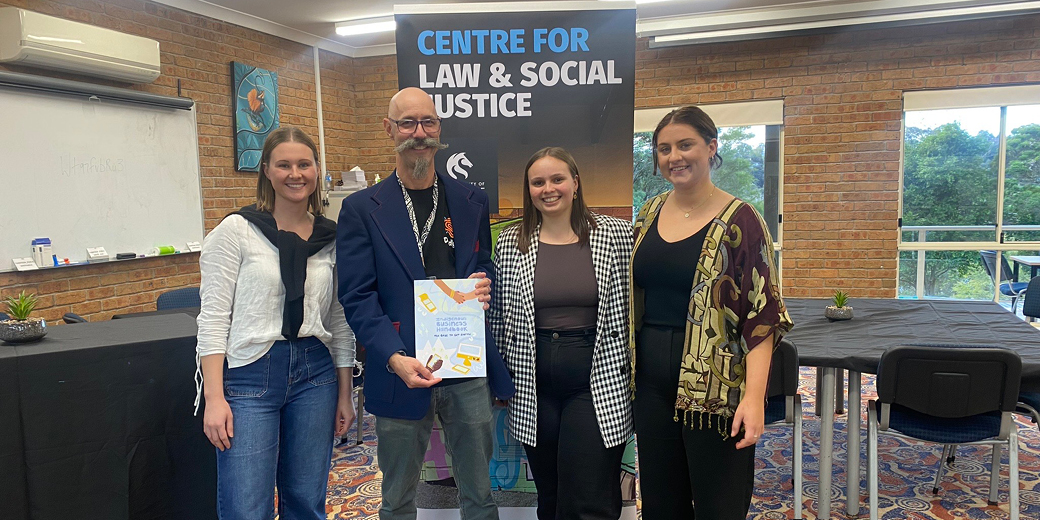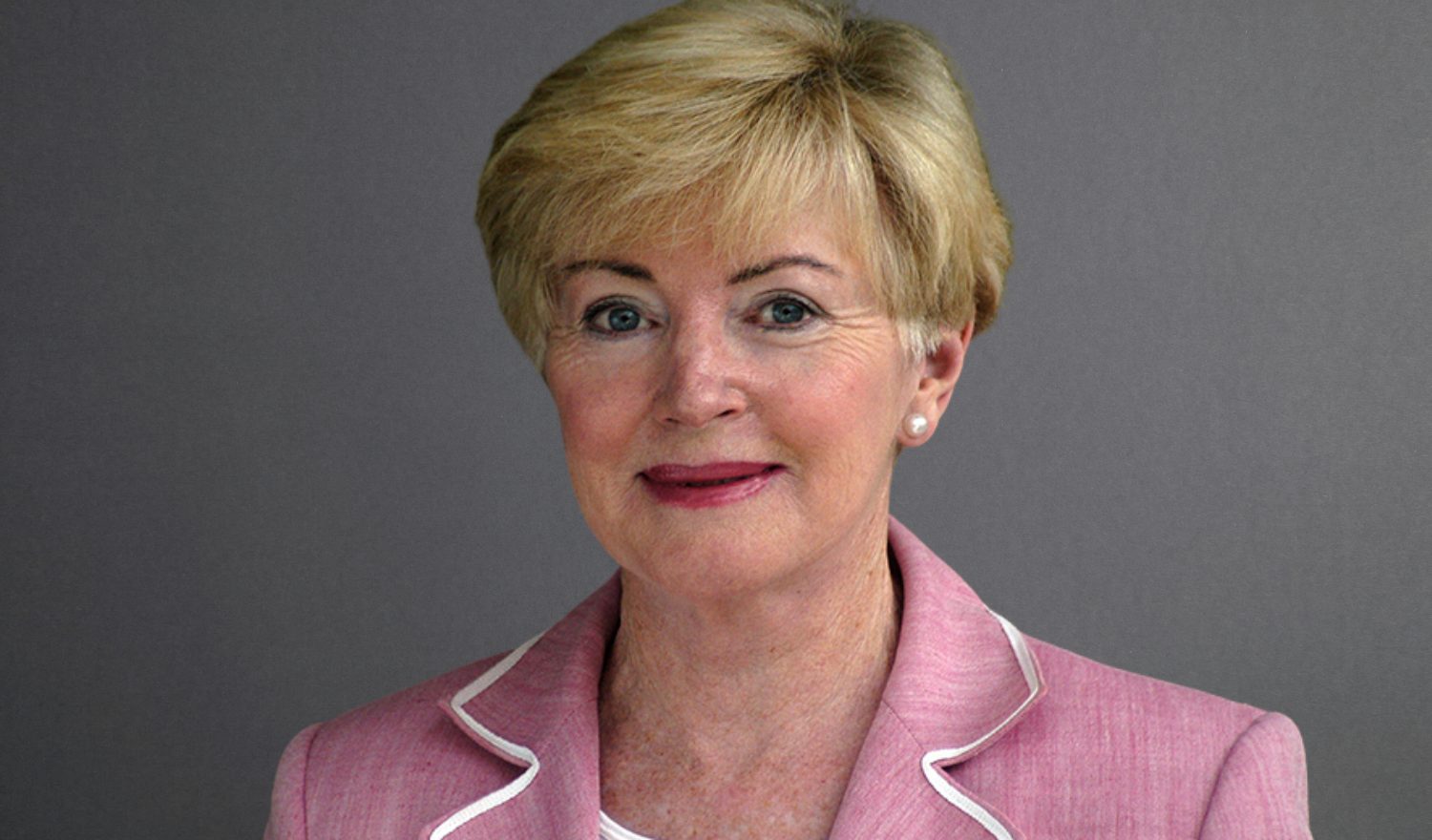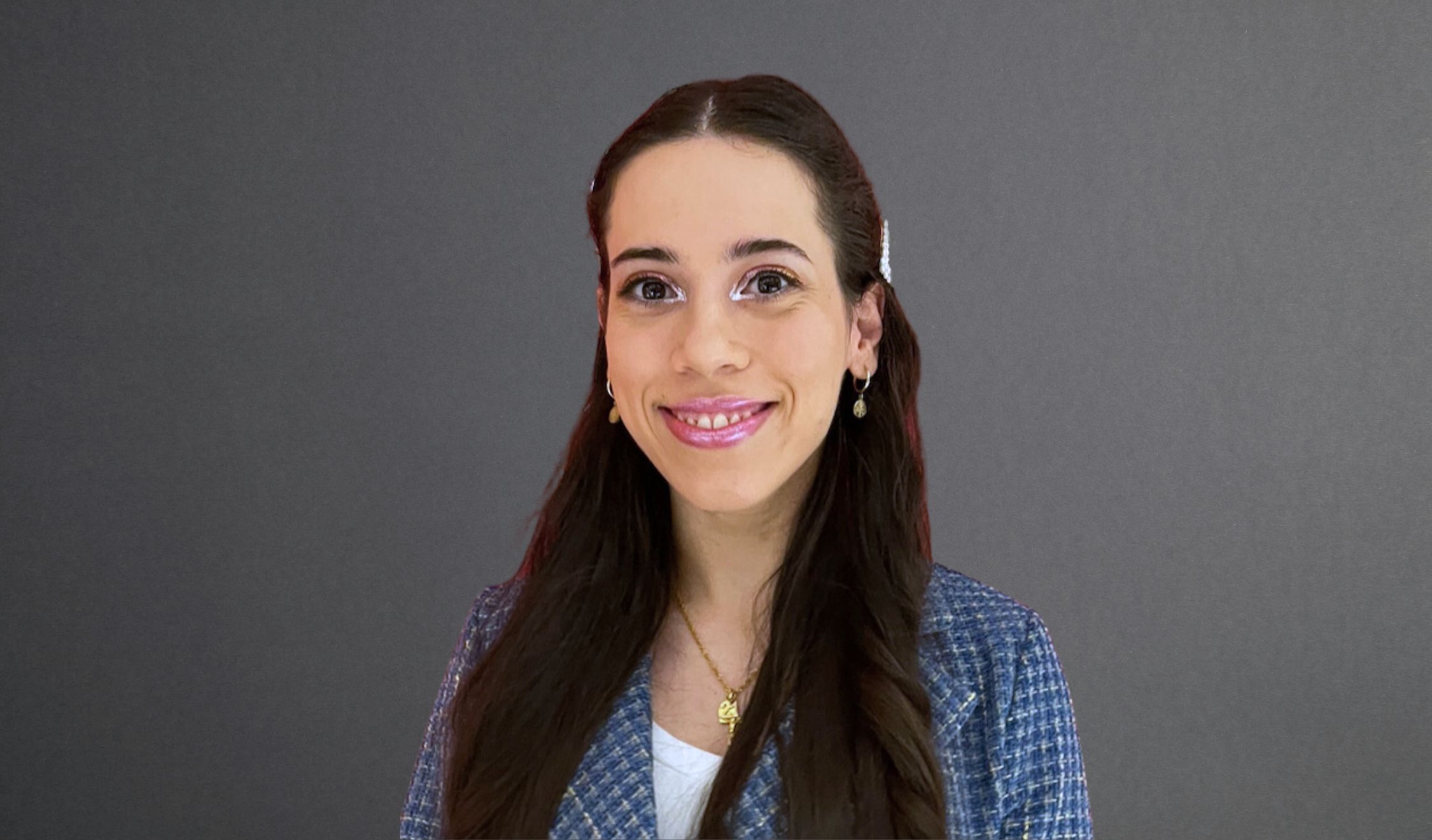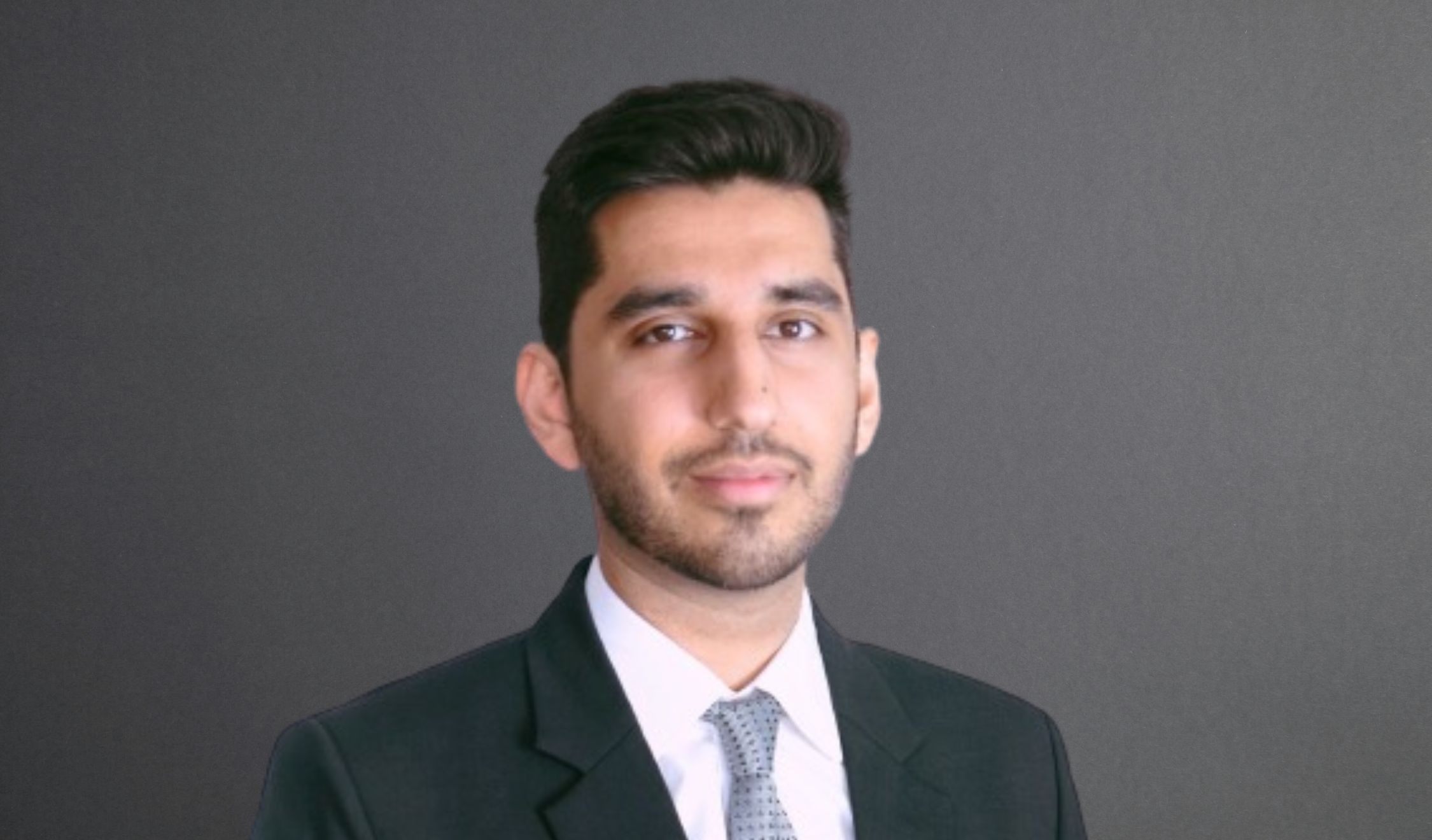Starting a business is never easy. What step should you take first? How do you negotiate the ins and outs of your legal requirements if you’re not a lawyer? Even for a seasoned lawyer these steps are complicated… And what if you also face unique cultural considerations and complexities?
The Indigenous Business Handbook is an initiative from the University of Newcastle’s School of Law and Justice. Written, designed and researched entirely by students, the handbook guides users through the common struggles and uncertainties they’re likely to face when starting a business. It also aims to provide usable legal tools informed by the recognition of Indigenous Culture.
Proud Gommeroi woman, Kyiesha Faulkner, was one of the students who played an integral role in producing the handbook. Kyiesha graduated in 2023 with a Bachelor of Global Indigenous Studies, and is currently finishing her Bachelor of Laws at the University of Newcastle while working full time at the NSW Government Department of Environment.
Working on a project like the Indigenous Business Handbook offered Kyiesha a tangible way to give back to her community.
“The law can be confusing and hard to understand and it's important to make it accessible to anyone,” Kyiesha says. “If people understand what they have to do to set up a business, it’s like handing them the key to their future.”
In good news, the handbook can also assist the broader community and those businesses that would like to be more culturally inclusive, to be so.
Creating better outcomes for Aboriginal and Torres Strait Islander people
A Newcastle local, Kyiesha says she originally chose to study law because she was passionate about helping her community.
“I knew I wanted to help my community,” she explains. “Other people in my family have done this by becoming teachers or working in health.”
“The issues that we talk about in law at uni or write about in assignments for Global Indigenous Studies are things we see every day. They’re real,” Kyiesha says. “I thought studying Law would give me expert knowledge that could help make a difference and create change. I want to create better outcomes for Aboriginal and Torres Strait Islander people in Australia. That’s my main driver.”
Practical guidance that makes a tangible difference
The handbook was originally the vision of Associate Professor Kevin Sobel-Read, who also runs a special interest project course for law students (LAWS6091).
“Originally, I had my heart set on a different project, but then Kevin told me about the Handbook,” Kyiesha explains. “It was important that it was culturally appropriate, and Indigenous-led and he was looking for Indigenous voices.”
While Kyiesha had no plans to start a business herself, she could see the need for the Handbook.
“In my family and local community, I knew a lot of people who had started a business but had to figure it out themselves. I had seen how hard it was to set up a business, so it made sense to get involved.”
Kyiesha led the stakeholder review for the handbook, consulting with Indigenous people from around the Hunter region who were already running their own businesses to ensure it was relevant and culturally appropriate. She also wanted to make sure the language was understandable.
“The law can be confusing and hard to understand and it's important to make it accessible to anyone,” Kyiesha says. “If people understand what they have to do to set up a business, it’s like handing them the key to their future.”
Kyiesha says the handbook was designed to be super simplistic and break down the basics of starting a business.
“Some things may seem obvious, but others are not. How do you actually register for GST? How do you pay employees? It’s a great starting point to have it all on paper.”
The handbook also pays attention to differences in culture. This includes how business owners can have Sorry Leave available at a moment’s notice, or a floating public holiday for Australia Day/Invasion Day.
“The handbook helps Indigenous people set up a business, but is also useful to anyone who wants to make their business culturally inclusive,” Kyiesha says.
To keep costs down and have it free, accessible and easily updated, the Handbook is online. Since its launch in July 2023, Kyiesha says there has been great feedback on how to take it to the next level, and the University plans to keep it evolving and updated with new editions.
“It’s great that people are as excited about it as we are,” Kyiesha says. “I got a great sense of accomplishment from being involved.”
Greater Indigenous representation in law
When it comes to encouraging more Indigenous students to pursue a law career, Kyiesha believes support is key.
“Students need support when they are studying law,” she says. “Any degree is difficult without a support network, but particularly Law.”
She says she benefited enormously from the flexible support offered by The Wollotuka Institute at the University of Newcastle.
”It’s not a one-size-fits-all approach and having someone there to answer questions and offer support really helped me succeed at uni,” Kyiesha says. “Having someone who knows how the system works and can help you achieve the best result is very valuable.”
Kyiesha believes having more Indigenous lawyers is one thing that will help Indigenous communities gain better access to legal services.
“It’s difficult to know the solution, but having more Indigenous lawyers will help. The profession also needs to learn to break things right down - that’s the same for non-indigenous communities - and develop an understanding of cultural differences.”
A leader of the future
Alongside her studies, Kyiesha undertook a Career Trackers internship with KPMG, an experience that saw her work with the Indigenous Services team on their reconciliation action plan.
“I’m now working full time for the NSW Government Department of Environment, as part of the Closing the Gap team,” Kyiesha says. “We’re responsible for targets nine and fifteen, which are housing and land and water.”
Through this, Kyiesha says she’s discovered an interest in policy reform and the regulatory space.
“I’m very passionate about it and am lucky to be in a great team where I can effect some change,” she explains. “My manager is flexible and supportive of my studies and I enjoy how both my degrees overlap in what I’m doing and I get to put my skills to work.”
Outside of her work, Kyiesha is also a youth representative for the Aboriginal Youth Land Council, something she describes as a great experience with further room to grow. She also helps her cousin as a Cultural Manager for his company, Winagay Dreaming, going into schools and offering camps and cultural excursions.
“I believe you need to be involved, to express the issues that you are seeing and to effect some change,” she says.
The Indigenous Business Handbook is available for download.























![How to handle Direct Speech after Gan v Xie [2023] NSWCA 163](https://images4.cmp.optimizely.com/assets/Lawyer+Up+direct+speech+in+drafting+NSW+legislation+OCT232.jpg/Zz1hNDU4YzQyMjQzNzkxMWVmYjFlNGY2ODk3ZWMxNzE0Mw==)


































































